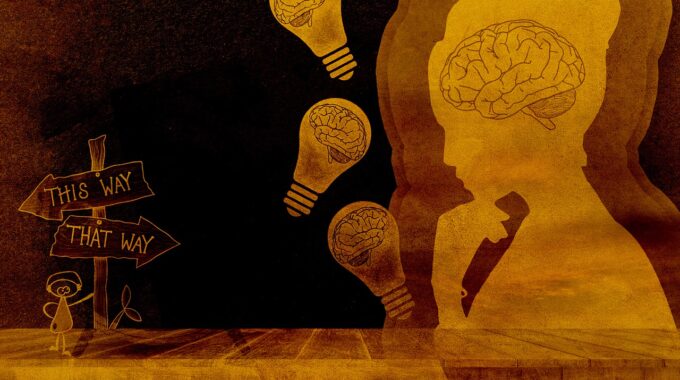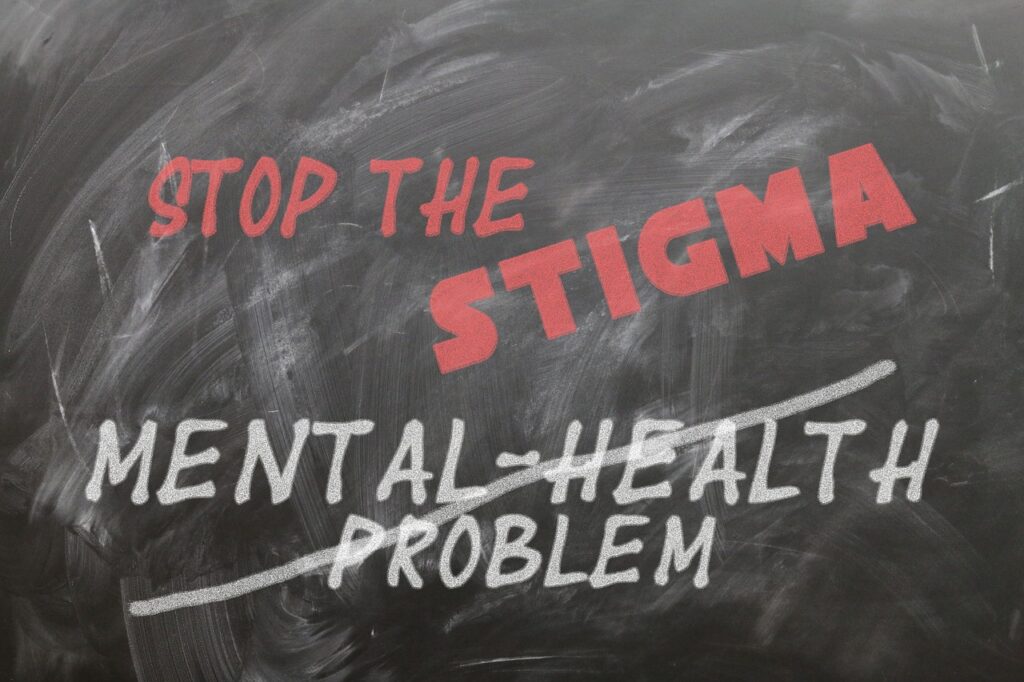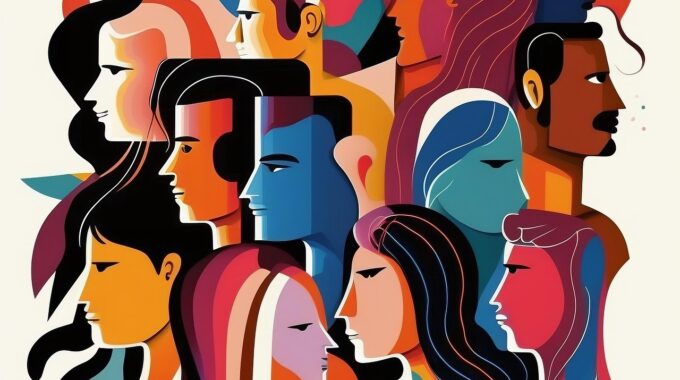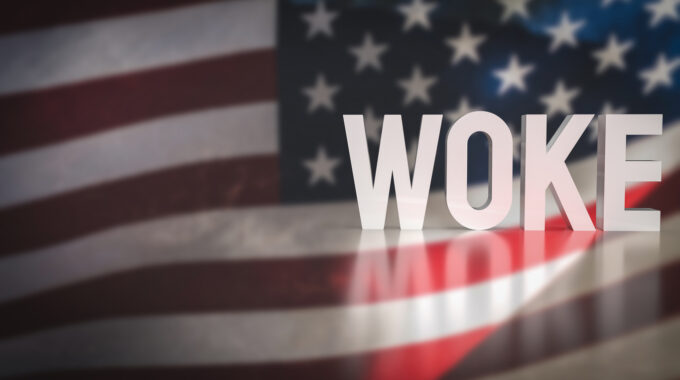Many organizations have prematurely dropped their DEI efforts, even though Trump’s DEI executive orders do not affect them.

DEI and Mental Health
Striking a Balance where DEI and Mental Health Thrive
During this year’s mental health awareness month let’s consider the intersection point between Diversity, Equity and Inclusion (DEI) and mental health in the workplace. It is critical for employers to support employees in their journey to strike a balance between emotional well-being, overall health, belongingness, and productivity each day at work. The balance is where DEI and mental health live and thrive. Achieving this balance relies on proven, readily available, culturally competent mental health care. In other words, promoting DEI should include the promotion of mental health. When employers fully embrace both DEI and mental health together they are one step closer to prioritizing a healthy work environment for all.
Covid-19 Highlights Intersections in DEI and Mental Health 
The pandemic brought mental health in the workplace into the spotlight in the midst of job loss, remote work, filled-beyond-capacity hospitals, isolation, Covid-related anxiety, etc.
Meanwhile, a number of social movements; #MeToo, #BlackLivesMatter, #StopAAPIHate were gaining traction at a time when we were all home and paying attention to the reality that we are not all treated equally.
Companies responded with an urgency to implement more visible DEI and mental health initiatives in response to social demand. But imbalance at that DEI mental health intersection can spell disaster for the individual affected and the company alike at any time. The initial push to prioritize mental health and DEI need not slow down as we approach post-pandemic status.
“Employees from diverse backgrounds can face lack of representation, microaggressions, unconscious bias, and other stressors that impact their mental health and psychological safety at work (Staglin).”
A company that is truly invested in supporting DEI and mental health will welcome the opportunity to look back over the years to understand what DEI and mental health priorities were unmet pre-pandemic, peak pandemic and in the present day.
How Can Leadership Help Maintain the Balance?
Erase Mental Health Stigma
Access to mental healthcare is far from balanced across many racial demographics. Asians, Latinos and Blacks are 51%, 25% and 21% less likely to utilize mental health services respectively in comparison to whites.
Among other things, the stigma associated with mental health care is a considerable impedance to acknowledging mental health problems or seeking help. Cultural differences may dictate that mental health matters be left unsaid. And cultural differences aside, mental health may be difficult to talk about and may carry with it a degree of shame. It is important that the stigma associated with mental health be reduced. Leadership can destigmatize mental health with an open door that welcomes discussion of challenges and offers direction for seeking solutions.
Educate Leaders on Cultural Competence
Leaders that understand the impact of the intersection between DEI and mental health will be better equipped to respond to issues as they arise. Mental health affects each of us uniquely, however, individuals of marginalized communities are especially venerable to mental ill-health in the workplace. Gender, race, orientation, ability and age are identifiers that when overlapped (ex: LGBTQ Latinx woman) can result in magnified work-life mental health challenges.
Leaders that have access to expert training and education will be empowered to help facilitate culturally competent support for employees from diverse demographics. Management may be the first to respond to an employee in crisis, an empowered manager will have access to the answers and/or appropriate referrals to help that employee find solutions.
Make it Easy to Access Mental Health Help

Employee assistance programs pertaining to mental health benefits should be easily accessible and easy to understand. Apart from logistical accessibility, employers would also do well to address cultural and identity-related barriers in their mental health provider offerings.
For example, Black, Latino and Asian psychologists combined make up less than 20% of the nation’s psychologists with the remaining 80%+ providers identifying as white. It is important that employees have access to not only mental healthcare but also culturally compatible providers that understand their culture, background and identity as well as different cultural perceptions about mental health. A digital mental health platform offering a wide range of providers is a straightforward offering that can break down barriers impeding access for minority demographics. From teletherapy to virtual coaching, digital platforms can help broaden the reach of mental health services into otherwise underserved populations.
Improve Employee Engagement and Listen
Employers can stay ahead of the curve through the implementation of various engagement tools in the workplace.
Everything from employee resource groups to mental health screening tools to employee engagement surveys can help leadership identify shortcomings in the DEI and mental health space.
Results can serve as a catalyst for immediate change. Covid-era mental health challenges and social movements served as a catalyst for trending workplace DEI and mental health initiatives.
Proactive leaders will though recognize the importance of always supporting the balance between DEI and mental well-being.
“Mental ill-health is often a symptom of lackluster DEI within companies, and specifically among minority demographics (Trivella).”
Spectra Diversity can help to customize a successful and balanced DEI and mental health strategy that is accessible, engaging and inclusive especially for groups rarely receiving or seeking support.
Sources:
Talent Culture, “The Critical Intersection Between DEI and Mental Health,” Cindy Trivella, May 2022.
Uprise Health, “The Role of Mental Health and DEI,” April 2022.
Forbes, “The Essential Role of Mental Health for a Diverse, Inclusive Workplace,” Garen Staglin, Juley 2020.




